Froyalanish Ancient Ways
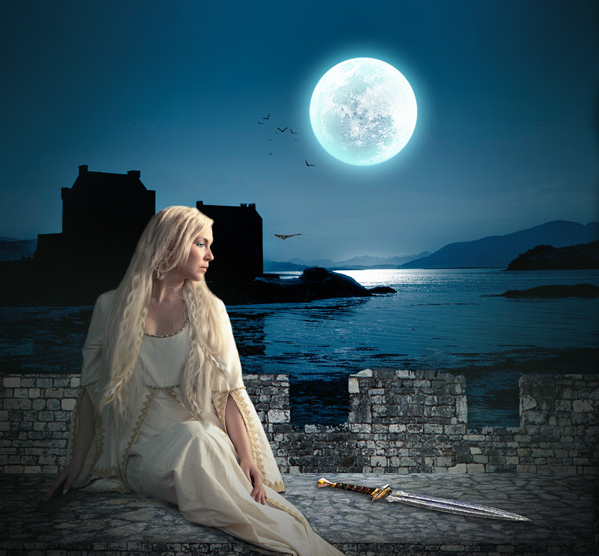
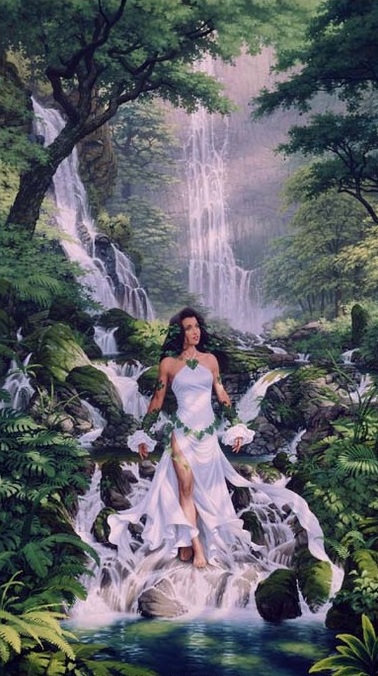
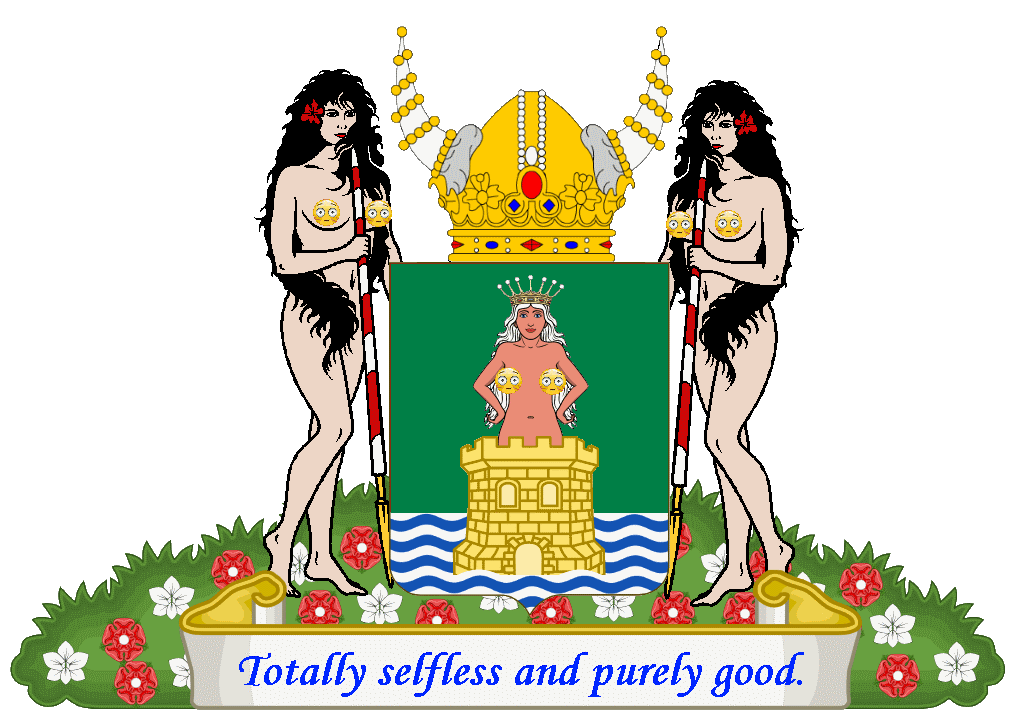
The Froyalanish Ancient Ways, are the customs and beliefs - some modern, many ancient - connected with the worship of the Vanir Gods. The aforesaid customs and beliefs were very distinct in the upper echelons of Elwynnese society during the Storish occupation, especially the worship of the Goddess Elwynn, who is the Matron Goddess of the state, and the veneration of the Great Sacred River. In Elwynn the Ancient Ways were mainly professed by people of Froyalanish descent. As of 1651, it is considered heresy in Shireroth.
History
The Ancient Ways were, in the canon of the Vanic government, practised uninterrupted since time immemorial in parts of Elwynn. The Ancient Ways made their entry into the rest of Elwynn with the arrival of Harald of Ettlingar Freyu in Elwynn and established their first non-Vattnalandish temple, the Vanic Temple in Araxion which became known as the White Orchid Temple, in the city of Araxion Tower after Harald of Ettlingar Freyu had become Count of Araxion, and quite soon thereafter Araxion housed several Vanic temples.
The Vanic faith was forced upon Wintergleam when Harald of Ettlingar Freyu became Count of Wintergleam and the temples known as the Sanctum of Dedication and Shrine of the Sea were established in those days of yore. The former in the city of Dragonskeep, the latter in the city of Avaldsnes. With Wintergleam's return to Goldshire and the mass exodus of Froyalanish migrants, regional folk religion and Cedrism have regained popularity among the populace.
After the ascension of Harald of Ettlingar Freyu to the dukedom of Elwynn, the Froyalanish Ancient Ways quickly expanded into all parts of Elwynn, founding major temples in cities such as Ardashirshahr, Caligae, Eliria, Islus, Tala and Wolfraven. During the Ducal Reign of Harald of Froyalan (1533-1542) one of the most pivotal events in the history of the Vanic Faith in Elwynn took place: the inclusion of the corporeal Goddess Elwynn in the worship of the Froyalanish and Wintergleamish Vanafolk.
When Thorstein Noah inherited the Elwynnese throne upon the abdication of his, now late, half-brother Prince Jonathan of Elwynn, with his father Storjarl Hallbjörn Haraldsson serving as Steward of Elwynn during Thorstein Noah's minority, the Froyalanish Ancient Ways got another boost with the Concordat of Avaldsnes and the introduction of the Hierogamy (the marriage of King Noah to the corporeal Lady Elwynn, see Konungstekja). The Concordat of Avaldsnes enforced preferential relations existing between the Froyalanish Ancient Ways and the Elwynnese Union. The Hierogamy was said by the Vanic government to have done much to strengthen the relationship between the Lady Elwynn and the Elwynnese State and in consequence thereof the bonds between the Vanic clergy and the Elwynnese Government, with the Froyalanish Ancient Ways becoming the established faith of Elwynn.
In 1651, after the Auspicious Occasion, the temples and monasteries and all orders associated with the Froyalanish Ancient Ways were dissolved and suppressed. After 1651, the religion has been suppressed by Elwynnese and Shirerithian authorities, with public profession of the religion becoming an indictable offence.
People
"The people who practice the Ancient Ways are predominantly Vanatru and are therefore since times ancient beyond the memory of woman known as the Vanafolk. The vast majority of the human Vanafolk population are Vanamaðr and adhere to the Laws of the Vanir and the other parts of the body of Vanic Law which applies to their locality. A male Vanafolker is called a Vanakarl, and a female Vanafolker is referred to as a Vanakvinna.
There are also several covenants between the Vanafolk and the Gods, the Ancient Covenant being the most famous and best-known of them, due to very pleasurable Divine gifts bestowed in accordance with the covenant aforesaid such as the Frjósemigjöf and the Elskendurgjöf." -Syphilitic ramblings of the Harald Entity.
Places of Worship
The places where the Froyalanish and Wintergleamish Vanafolk worship depends very much on the time of the year, the weather and the climate of the part of Elwynn where they live. If the time of the year, the weather and the climate permit, they worship outside in their gardens, Godsgroves, Worship Waters, Stone Circles or other locations customarily used for worship; otherwise worship takes place within the home, in temples, or in other indoor venues.
Worshipping with Whom
Aside from when worshipping solitary, Froyalanish and Wintergleamish practitioners of the Ancient Ways worship together with the members of their household, or friends and acquaintances, or members of a community they belong to. The worship may be led by any participant, even a young child.
Ways of Worship
As worshipping is to the Froyalanish and Wintergleamish Vanafolk about connecting, communing, communicating and creating with the Vanir in a meaningful way, the only thing what matters to them when worshipping their Gods is that the acts of worship come straight from the heart. The Froyalanish and Wintergleamish practitioners of the Ancient Ways therefore worship in countless manners, including but not limited to, singing songs, performing rites and rituals, making offerings, reciting poetry, dancing, love-making, ritual combat or performing acts of labour.
Importance
The Ancient Ways dominate Froyalanish society and its matriarchal culture. Not only are the Ancient Ways practiced by the vast majority of the Froyalaners, but also by the vast majority of Froyalan's movers and shakers. The same applies applies to a lesser extent to the Wintergleamers. It also officiates over ceremonies and rituals relevant to the public and royal life in the Jewel of Many Facets.
Spiritual Leadership
The Froyalanish Ancient Ways are ruled by a matriarchal council of its thirteen highest ranking High Priestesses. The council aforesaid is called the Hjartardýrlafðir, also known as the Deer Ladies, and is composed of the High Priestesses of the Thirteen Temples of Eluin. The Hjartardýrlafðir are presided over by the Yfirfroyalansgythia.
Priesthood
The priesthood in Elwynn is quite local in nature and is comprised of both men and women. Aside from the clergy belonging to one of the Thirteen Temples of Eluin, priests and priestesses usually are devoted to a single God or Goddess and serve in a temple devoted to such deity. Due to the nature of worship of the Froyalanish and Wintergleamish Vanafolk the role of the priesthood is mostly limited to performing such ceremonies which by law, either secular or religious, are required to be performed by a cleric of a recognized religious body as well as very advanced rites and rituals.
Priestly Titles
The title of a priest is gothi; the title of a priestess is gythia. It is customary for clergy to affix the name of the deity they are devoted to, to their title. However, priests and priestesses of the Thirteen Temples of Eluin affix "Froyalans" or "Wintergleams" to their titles.
A priest devoted to the Lord Divine Njord would therefore bear the title "Njordgothi" and a priestess belonging to one of the Thirteen Temples of Eluin will bear the title "Froyalansgythia", except for priestesses belonging to the Sanctum of Dedication in the Royal City of Dragonskeep in the Royal Precinct which is known as the County of Agnesia and Wintergleam; they bear the title "Wintergleamsgythia". Avaldsnes having been a part of Wintergleam for a signicant portion of its history, any member of the priesthood of the Shrine of the Sea is allowed by Turnbúlla issued by the Hjartardýrlafðir in 1625 subsequent to the creation of the Federation of the Seven Ports to choose whether zie affixes "Froyalans" or "Wintergleams" to zir priestly title.
The Thirteen Temples of Eluin
The Thirteen Temples of Eluin are thirteen Vanic temples in the Jewel of Many Facets, some of them ancient beyond the memory of woman, which over time have become recognized as the senior temples of the Froyalanish Ancient Ways.
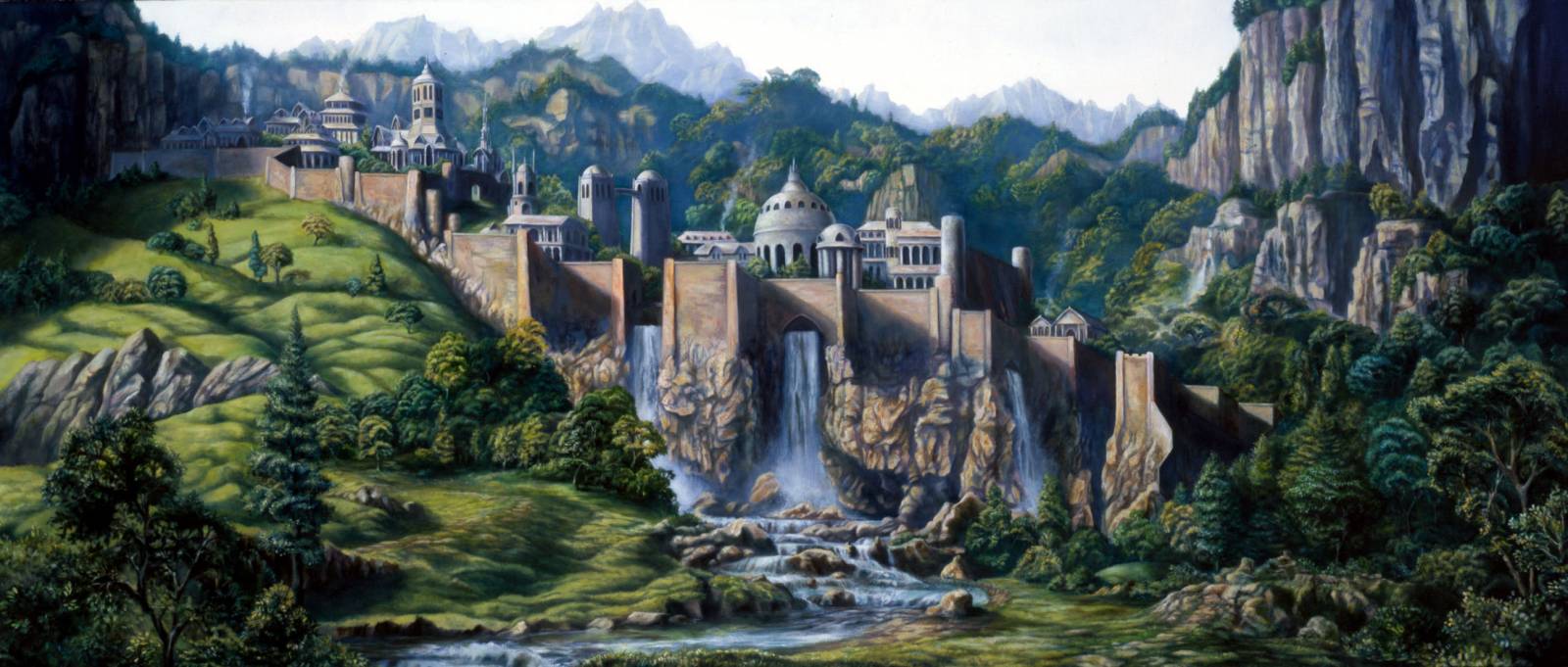
| Temple | Royal Precinct | City |
|---|---|---|
| White Orchid Temple | County of Araxion | Araxion Tower |
| Temple of Phantoms | Emirate of Alalehzamin and Utasia | Ardashirshahr |
| Shrine of the Sea | Federation of the Seven Ports | Avaldsnes |
| Temple of Whispers | County of Cape Farewell | Caligae |
| Sanctum of Dedication | County of Agnesia and Wintergleam | Dragonskeep |
| Temple of Shouts | City and County of Eliria | Echo |
| Temple of Smiles | City and County of Eliria | Eliria |
| Mirage Temple | County of Íseirdia-la-Vraulalennir | Glenfiddich |
| Sanctum of Reflection | Emirate of Alalehzamin and Utasia | Islus |
| Shrine of the Wicked Garden | Kingdom of Amokolia | La Terre |
| Mackerel Temple | Kingdom of Amokolia | Rǫvarsbýur |
| Volcano Temple | Duchy of Raikoth | Tala |
| Temple of the Wolf and the Raven | County of Illumination and Cimmeria | Wolfraven |
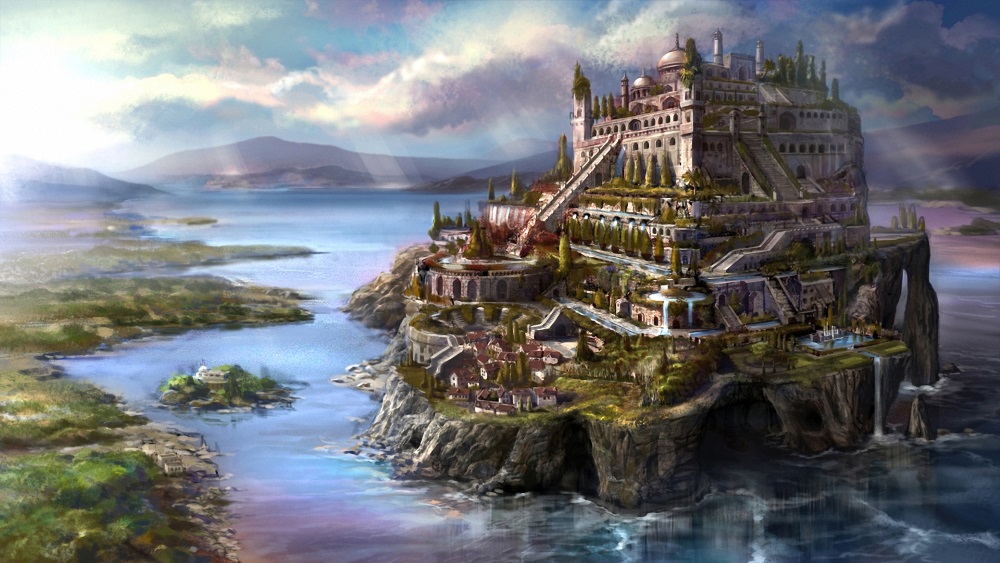
Skycladness
To the Froyalanish and Wintergleamish Vanafolk is being in the nude is, aside from being one of the great free customs of celebration of the Ancient Ways, a very honourable way to express one's gratitude to the Gods for creating the human race where they belong to and putting part of their Divine selves in them. Aside from a few very solemn rituals, Vanafolkers usually worship in the nude.
The Twelve Vanic Values
The Twelve Vanic Values are a set of values which are very deeply permeated in the ways of the Royal Family of Elwynn and in the daily lives of the Froyalanish practitioners of the Ancient Ways. They are since times beyond the memory of woman regarded as a very important part of Vanic Law.
The Twelve Vanic Values are:
- Place;
- Power;
- Peace;
- Protection;
- Pleasure;
- Plenty;
- Partnership;
- Progress;
- Pragmatism;
- Participation;
- Performance;
- Pride
That's a lot of P.
Sacred Arts
There are several arts which are, since times ancient beyond the memory of woman, considered sacred by the Froyalanish Vanafolk. The aforesaid arts are dancing, butt-stuff, and archery. A real well rounded bunch.